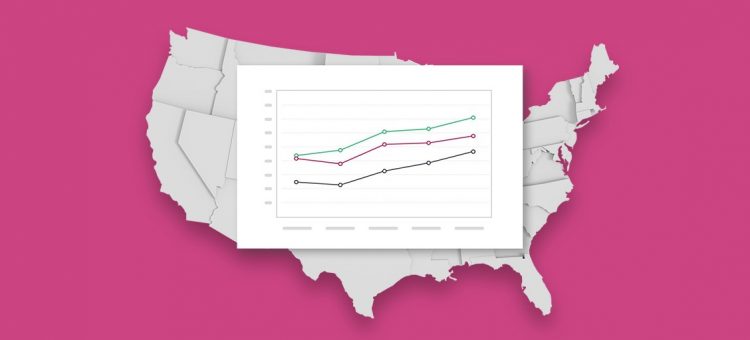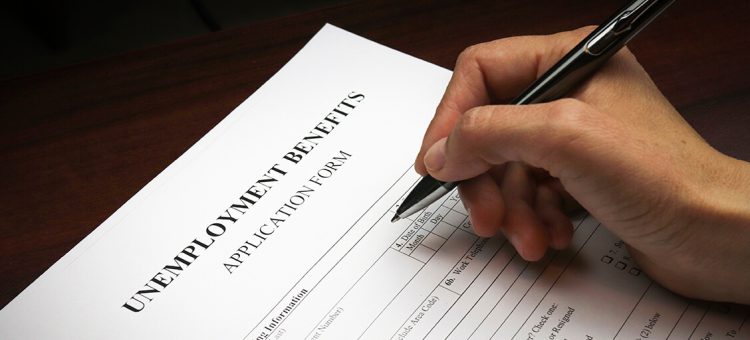As people across the world adjust to life in the time of coronavirus, organizations are contributing however they can—gyms are sharing free online classes, musicians are offering virtual performances, and healthcare workers are working around the clock to keep people as healthy as possible. At SurveyMonkey, our research team has dedicated themselves to daily research. Since mid-February, we’ve surveyed more than 660,000 people about their outlook and concerns about the virus. Some of our research is static—one-time surveys that focus on a specific topic—while other data is updated regularly so that we can follow trends over time.
We’ll continue to update this post with fresh data at the top, then summaries of our one-time research projects on a specific, focused topic at the bottom. Here's an overview of each section:
International coronavirus trends (as of 5/5)
The coronavirus crisis is a truly universal experience, with concern high and rising all over the world. We asked thousands of respondents in the U.S., U.K., and Canada to share their perspectives, focusing on the areas closest to home: concern about themselves and their loved ones and firsthand awareness of sick friends/acquaintances.
Concern in the U.S.
- 36% of Americans know someone who has been infected with the virus personally, up from last week
- 64% are worried that businesses in their area will open too quickly
- 44% of are in self-quarantine, down from last week
- 18% expect it to be more than a year before things go back to normal, up from last week
Concern in the U.K.
- 46% of British people know someone who has been infected with the virus personally, up from last week
- 74% are worried that businesses in their area will open too quickly
- 32% are in self-quarantine, down from last week
- 18% expect it to be more than a year before things go back to normal
Concern in Canada
- 23% of Canadians people know someone who has been infected with the virus personally, up from last week
- 64% are worried that businesses in their area will open too quickly
- 36% are in self-quarantine, down from last week
- 19% expect it to be more than a year before things go back to normal
Other coronavirus survey findings
How the coronavirus affects trust of major organizations and news
As the virus spreads, people across the world are suddenly encountering a dizzying array of new rules: no gathering in groups over 5, wash your hands 5 times a day, avoid public transit, don’t travel. How are people responding to the organizations providing this guidance—the Center for Disease Control (CDC), state health departments, World Health Organization (WHO), etc.?
For the majority of Americans, it’s with trust. We partnered with Axios from March 9-13th to dive more deeply into how people were getting their news, and which sources they trust. Here are the standout statistics from that research:
- 79% of Americans say they're closely following updates on coronavirus in the news
- The CDC is the most trusted source of guidance (75%), followed by the National Institutes of Health (68%), state health departments (68%), with local offices of emergency management (67%), and the WHO (66%) close behind
- Only 42% of say they trust President Trump to protect Americans from a major outbreak
- People who do not follow the news on a daily basis (regardless of the source) are significantly less trusting of the major international, federal, and local level public health organizations than those who don’t
Read more on these findings and explore the full survey here. The sample size for this poll was 7,925.
How the coronavirus is affecting personal finance, spending, and household economics
As families across the country cancel spring break travel and make frantic runs on toilet paper and canned soups, spending in the country has changed dramatically. At the same time, people are terrified of economic change. In fact, 82% in this study said a recession is likely to occur in the next year—up from 65% the week before.
We partnered with Fortune on 2 studies—one on March 9th-10th and one on March 16th-17th—that asked people about their personal outlook on the economy and changes to their buying habits. The virus’s impact on the economy is the #1 area of concern for most people—how is it affecting their day-to-day decisions?
Here are some data points of note from the most recent research.
- 64% of people say they’ve disrupted their usual spending habits
- 63% are worried about paying their monthly bills
- 51% of Americans are spending less on eating out and 38% are spending less on travel.
The impact of coronavirus and remote work
Coronavirus considerations have caused many employers around the country (including SurveyMonkey) to encourage or even require that their employees work from home. But that flexibility isn’t a luxury that many workers are afforded.
Social distancing requires a ton of resources and coordination from even the most resilient companies. Hospitality, food and entertainment, and healthcare workers have far less recourse. At the same time, many workers have unprecedented flexibility in the digital age.
SurveyMonkey worked with the Wall Street Journal from March 2nd-5th to understand the impact to most people’s business operations.
- 37% say it is completely impossible for them to do their job from home, but 29% say it is “very possible” for them to work from home for an extended time
- Just under half of workers (45%) say they’ve received explicit guidance from their company about how they will handle business complications due to the coronavirus
- One in five workers in the U.S. (20%) have either already canceled or changed upcoming work travel plans, or are likely to do so
Read more and explore the survey here. The sample size for this poll was 2,488.
Coronavirus and personal freedom
In a country on lockdown, how does personal freedom come into play? Are people opposed to the self-quarantines, or do they understand the value? Spring break revelers aside, according to this data from research on March 17th, there’s little opposition to a little isolation.
- 64% of people in the past week said learning they’ve come into contact with someone with the coronavirus would cause them to voluntarily self-quarantine
- 74% of people say that a mandatory, federally-imposed 14-day self-quarantine for anyone exposed to the coronavirus would not be a threat to personal rights and freedoms
Check out the full results here. The sample size for this poll was 2,960.
As the coronavirus continues to evolve, it can feel like every day brings new challenges. We’ll do our best to identify and illustrate trends as they arise. If you’re a SurveyMonkey customer, we also have a page of additional resources, which you can check out here.
Throughout this experience, we’re all in it together.




